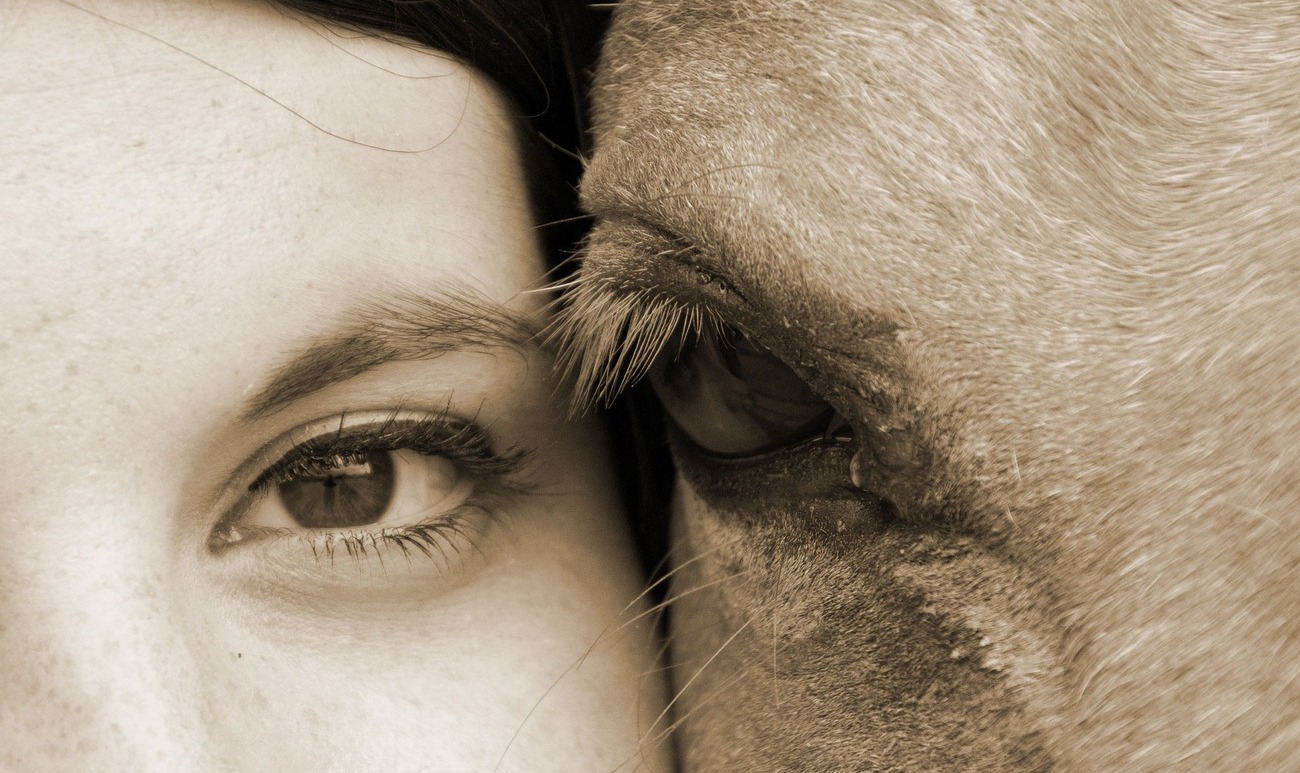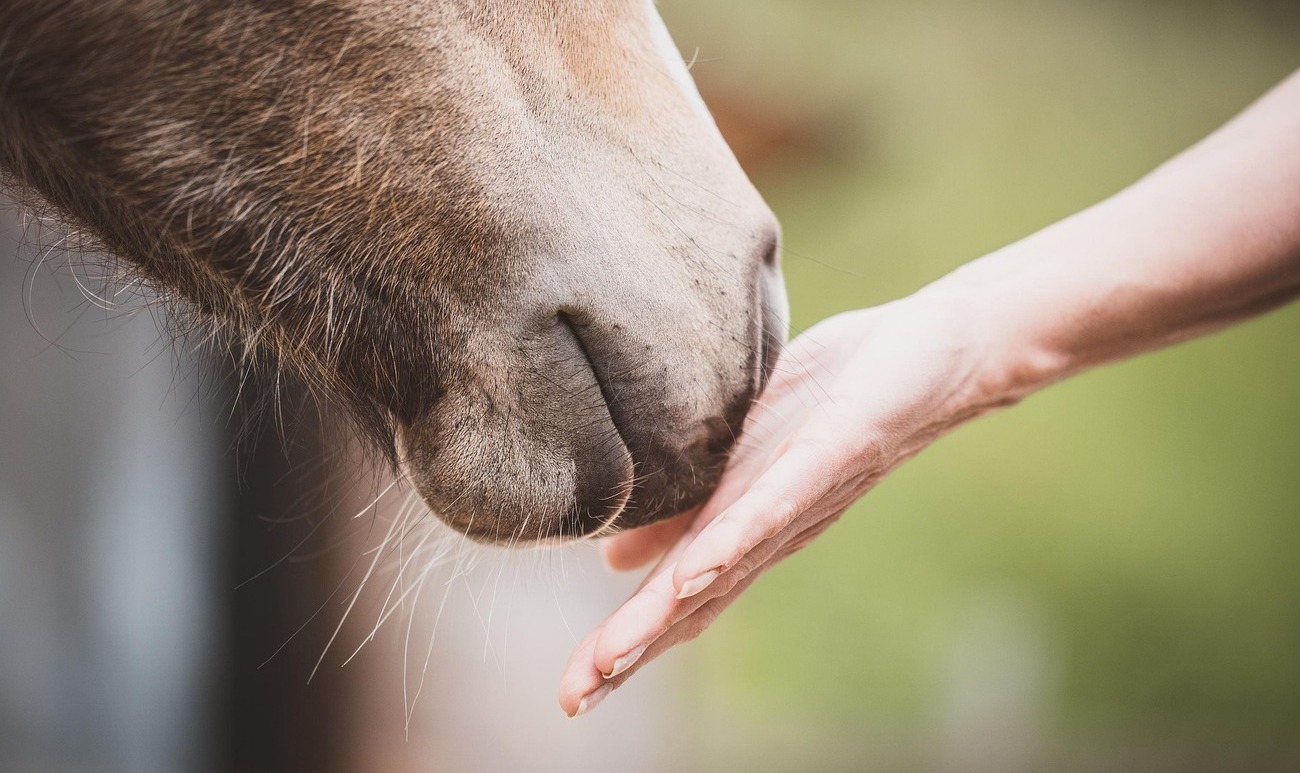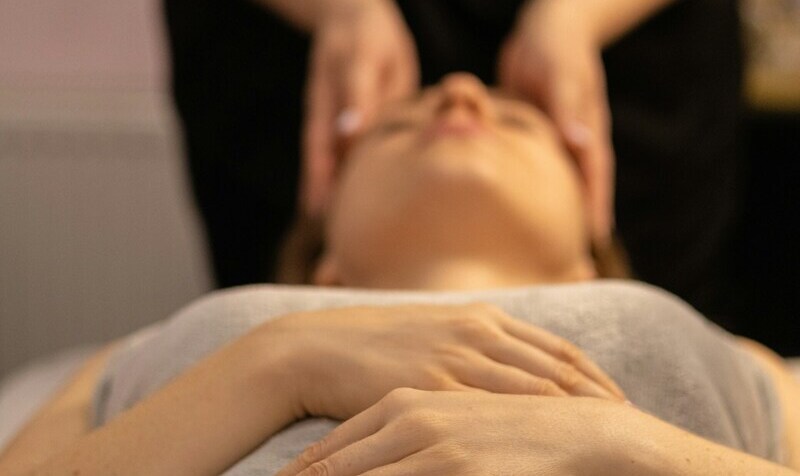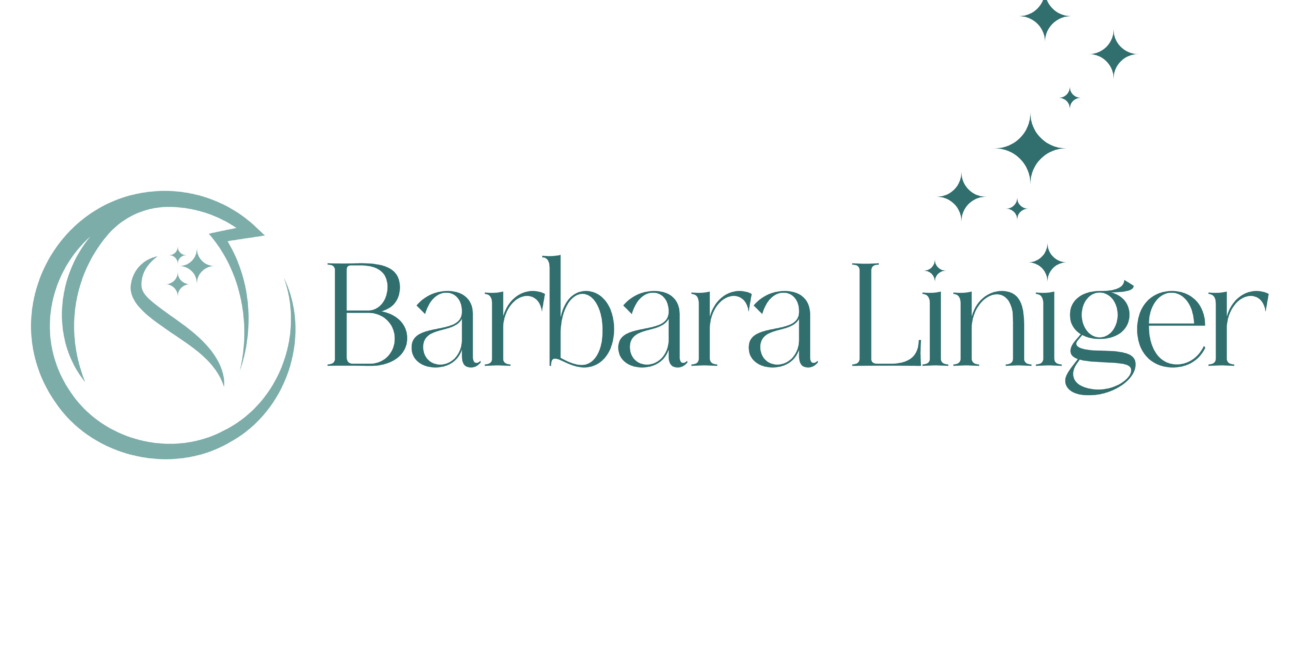Finding Connection Where Words Don’t Work
Today, I went to see a man about a horse. But honestly, it turned out to be a horse about a man.
My client, who had enjoyed a close connection with his six-year-old Morgan mare, suddenly found himself unable to connect with her. For the past five weeks, she avoided him entirely, walking away whenever he approached. Frustration was written all over his face. He was convinced she was holding a grudge, punishing him intentionally. They used to play freely together, without boundaries, with a sense of wild joy. But now, something had shifted.
I observed the mare standing at a safe distance, her eyes locked on her owner. Her pupils reflected worry and uncertainty – not fear or terror, but deep insecurity. She wasn’t afraid, but she was uncomfortable. Her body language told me she would rather stand far away than risk being caught in a situation where she didn’t understand what was expected of her.
When I shared my intuitive observations, they didn’t align with the story in the owner’s head. He wasn’t ready to hear that his horse wasn’t resentful or punishing him. Instead, was confused and seeking safety in distance. It was easier for him to blame her behavior than to consider how his actions or energy might have contributed to the change.
This misunderstanding is common. We often label animal behavior with human emotions – a tendency called anthropomorphism. We attribute thoughts, emotions, or intentions to animals based on how we would feel in their place. While this helps us relate to animals, it often leads to misunderstandings. Horses do experience fear, joy, trust, and even grief, but their expressions are rooted in their instincts and biology – not in human-like thought processes. When a horse walks away, it’s not “punishing” you. It’s signaling unease or mistrust. By respecting their unique ways of communicating, we can honor their needs and build stronger, more authentic relationships.
Horses communicate through subtle, nonverbal cues: the position of their ears, the swish of a tail, a shift in posture. It’s a language we need to learn – a skill that requires time and practice.
As the saying goes, “Animals do speak, but only to those who know how to listen.”
Horses seek harmony. They prefer to move in synchronicity – breath to breath, one step at a time. True connection with a horse is only possible when you are fully present in the moment. But being present requires addressing the difficult parts of your own personality. To find harmony with your horse, you must first find harmony within yourself.
My work as a craniosacral osteopath has taught me the importance of being fully present, non-judgmental, and open to whatever arises. This openness allows me to sense the subtle rhythms and movements in the bodies I work with. It’s not always straightforward – sometimes the rhythm is strong and steady; other times, it’s faint or entirely absent. The same openness is needed when working as a medical intuitive. Intuitive information flows through various channels – sight, sound, sensation, or an inner knowing. Sometimes, it comes so fast or subtly that it’s easy to miss. To truly listen, I must become like a blank canvas: attentive, aware, and free of preconceived notions. The same focused presence helps me to connect with horses on a deeper level.
Animals, especially horses, thrive in the presence of silent, nonjudgmental awareness – the kind of connection they recognize as genuine and safe. If you are balanced the horse you interact with is balanced as well. Horses mirror your emotional state. Impatience, distraction, or unrealistic expectations are reflected in their behavior.
My client wanted his horse to love him. We all do. There’s no greater feeling than seeing your horse gallop toward you, recognizing you with joy. It feels good to be loved unconditionally. But here’s the hard question: Can we offer that same unconditional love to our animals?
We often expect so much from our horses. We want them to approach us enthusiastically, tolerate our clumsy hugs and forehead pats, and bypass their natural fight-or-flight instincts to meet our emotional needs. We want them to remain genuine, initiate affection on our terms, and never falter in their loyalty. Imagine placing those expectations on a human relationship. It would overwhelm anyone. When people feel pressured to meet such high emotional demands, they may withdraw or become insecure or aggressive. The same happens with horses. Over time, if a horse feels its boundaries are ignored or its needs misunderstood, it may shut down or become highly reactive.
To rebuild this relationship, the human must begin with themselves. They must confront the emotions they’re trying to hide, listen to their own inner struggles, and practice being fully present. Horses live in the now, and they ask us to meet them there – free of judgment, expectation, or ego.
Sometimes, I think horses are silently asking me, “Can you help my human see things differently?” In their presence, we have the chance to learn humility, patience, and the beauty of connection without conditions. Horses show us who we truly are. If we are happy with who we are, horses are so easy to love.
Why Boundaries Strengthen the Human-Animal Connection
Boundaries have become a popular topic in recent years, and for good reason. They are essential for
How Manual Therapy Impacts Brain Health
The brain is the most complex and fascinating part of our body, still holding many undiscovered secr
Animal Communication: Vibrations of Trust
Discover the profound world of animal communication and learn how to listen to the souls of animals.








